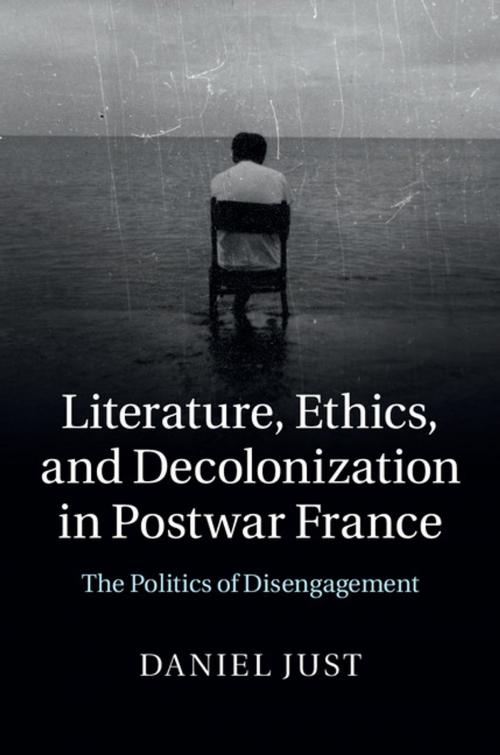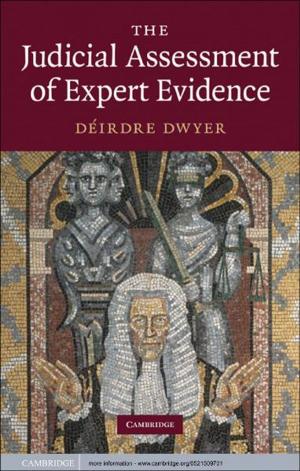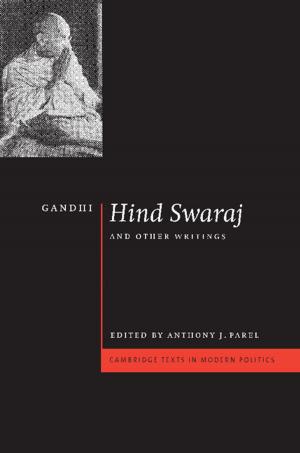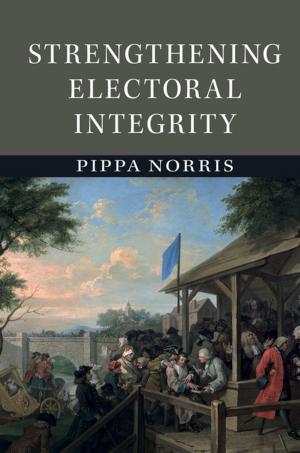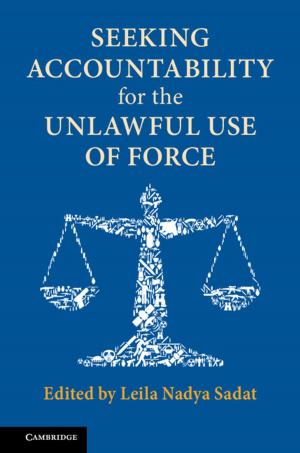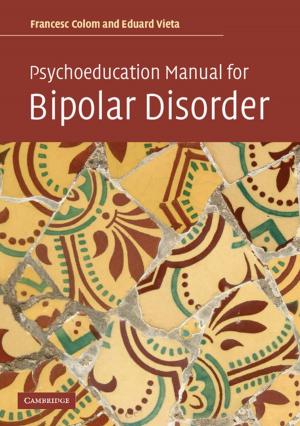Literature, Ethics, and Decolonization in Postwar France
The Politics of Disengagement
Fiction & Literature, Literary Theory & Criticism, European, Nonfiction, History| Author: | Daniel Just | ISBN: | 9781316235454 |
| Publisher: | Cambridge University Press | Publication: | February 9, 2015 |
| Imprint: | Cambridge University Press | Language: | English |
| Author: | Daniel Just |
| ISBN: | 9781316235454 |
| Publisher: | Cambridge University Press |
| Publication: | February 9, 2015 |
| Imprint: | Cambridge University Press |
| Language: | English |
Against the background of intellectual and political debates in France during the 1950s and 1960s, Daniel Just examines literary narratives and works of literary criticism arguing that these texts are more politically engaged than they may initially appear. As writings by Roland Barthes, Maurice Blanchot, Albert Camus, and Marguerite Duras show, seemingly disengaged literary principles - such as blankness, minimalism, silence, and indeterminateness - can be deployed to a number of potent political and ethical ends. At the time the main focus of this activism was the escalation of violence in colonial Algeria. The poetics formulated by these writers suggests that blankness, weakness, and withdrawal from action are not symptoms of impotence and political escapism in the face of historical events, but deliberate literary strategies aimed to neutralize the drive to dominate others that characterized the colonial project.
Against the background of intellectual and political debates in France during the 1950s and 1960s, Daniel Just examines literary narratives and works of literary criticism arguing that these texts are more politically engaged than they may initially appear. As writings by Roland Barthes, Maurice Blanchot, Albert Camus, and Marguerite Duras show, seemingly disengaged literary principles - such as blankness, minimalism, silence, and indeterminateness - can be deployed to a number of potent political and ethical ends. At the time the main focus of this activism was the escalation of violence in colonial Algeria. The poetics formulated by these writers suggests that blankness, weakness, and withdrawal from action are not symptoms of impotence and political escapism in the face of historical events, but deliberate literary strategies aimed to neutralize the drive to dominate others that characterized the colonial project.
